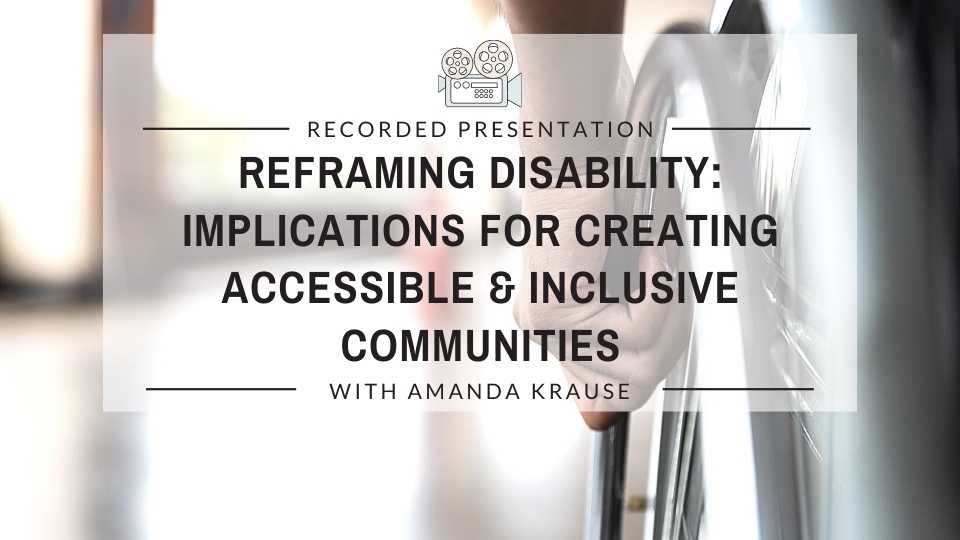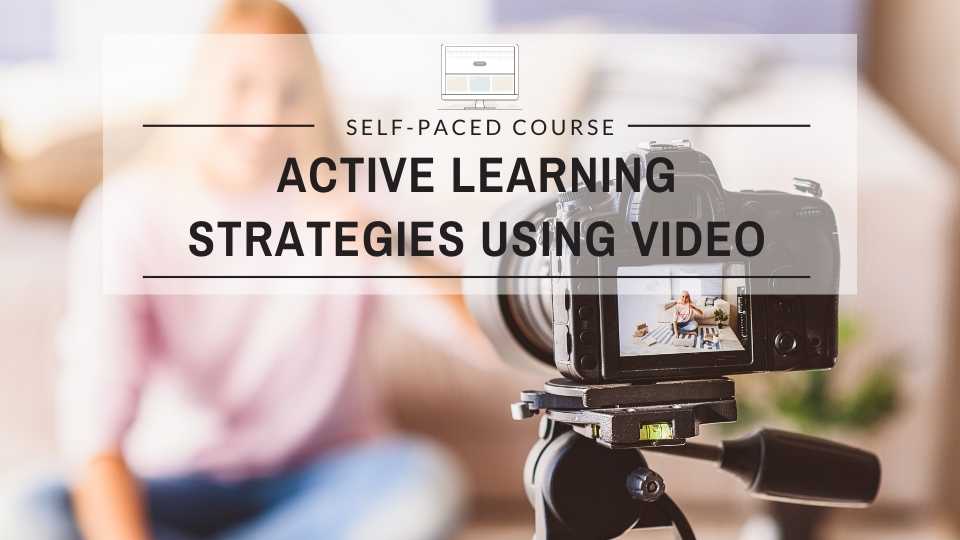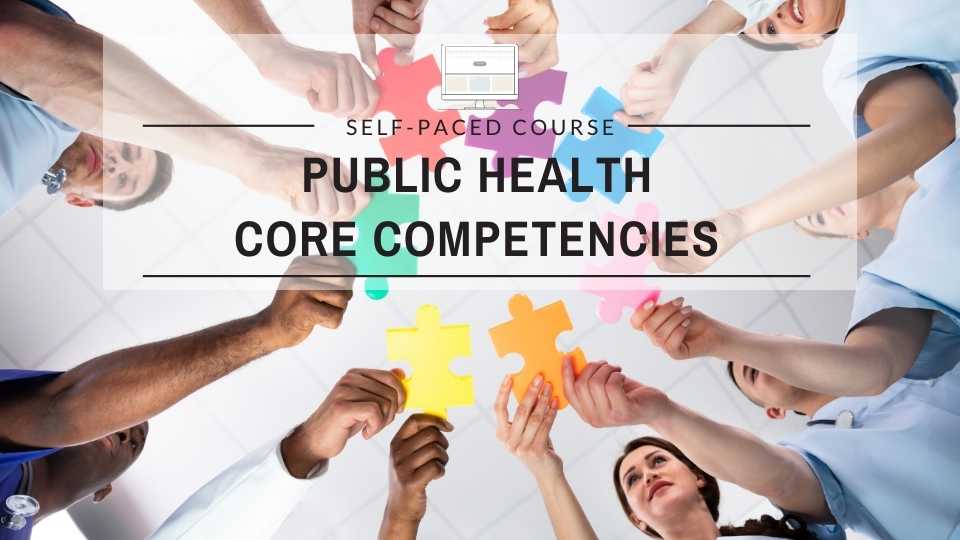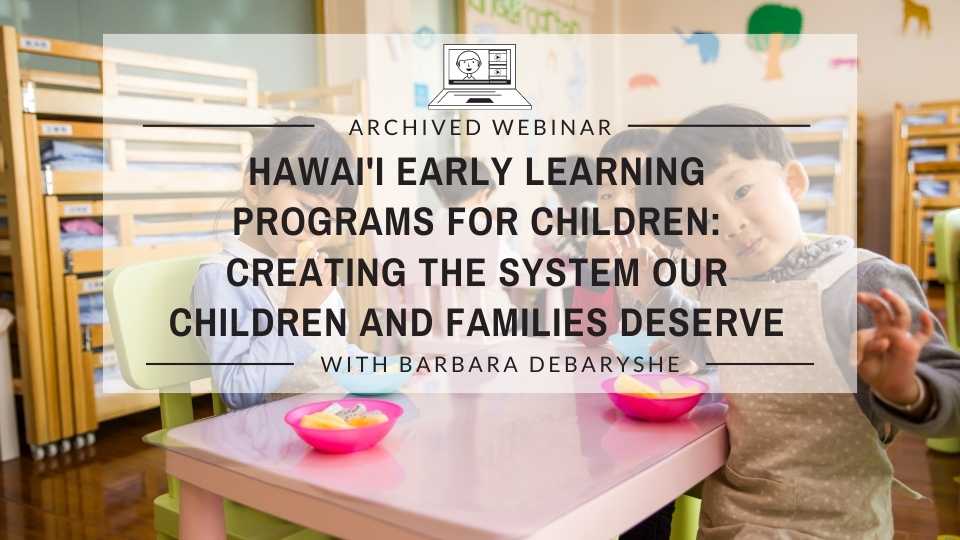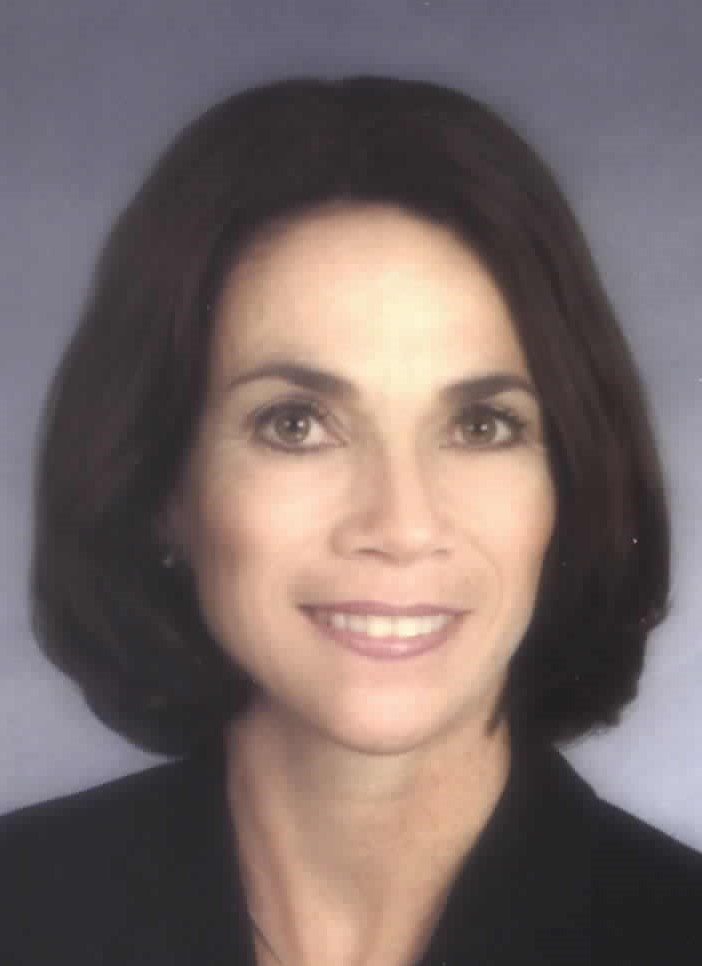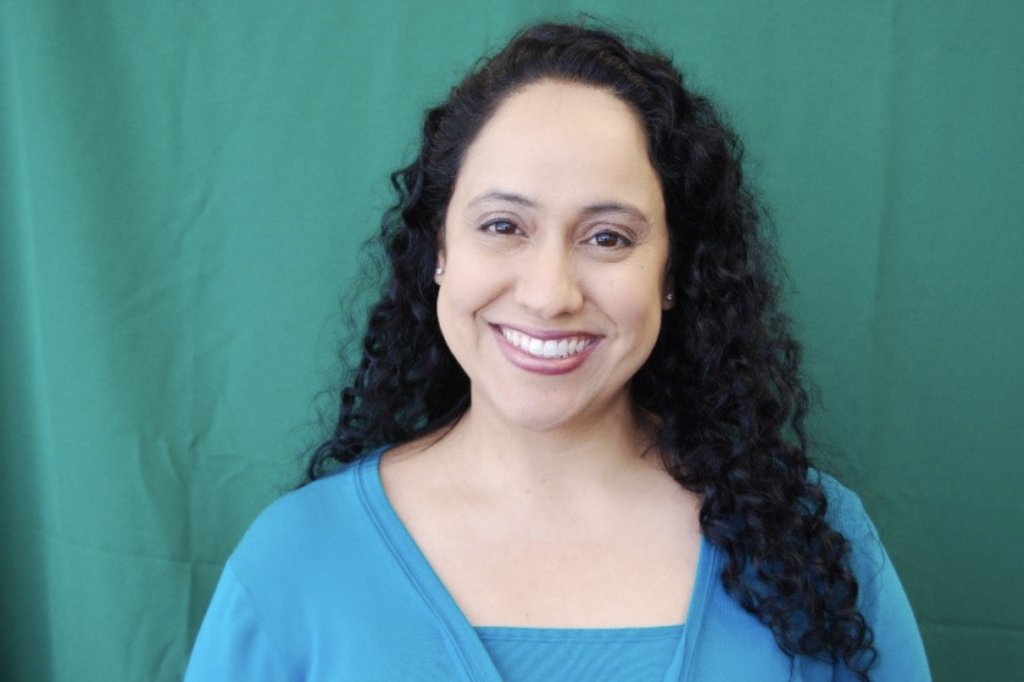Asthma is a common chronic disease that affects up to up 20% of children in the United States, depending on geographic region. Caregivers of children, including school staff, should be have a basic understanding of what asthma is, what asthma triggers are, and a general knowledge of its management. This e-learning course provides training for school personnel who may interact with children with asthma.
Learning Objectives:
This training has been developed to provide a basic overview of asthma and its management. After completing the course, learners will be able to:
- Understand the basic pathophysiology of asthma and identify potential asthma triggers.
- Explain the difference between quick relief medications (e.g., albuterol) versus chronic controller medications in the management of asthma.
- Describe how asthma control can be measured or monitored.
- Understand the purpose of an asthma action plan.
- Identify indicators of good asthma control.
- Recognize signs and symptoms of acute asthma and describe basic management.




